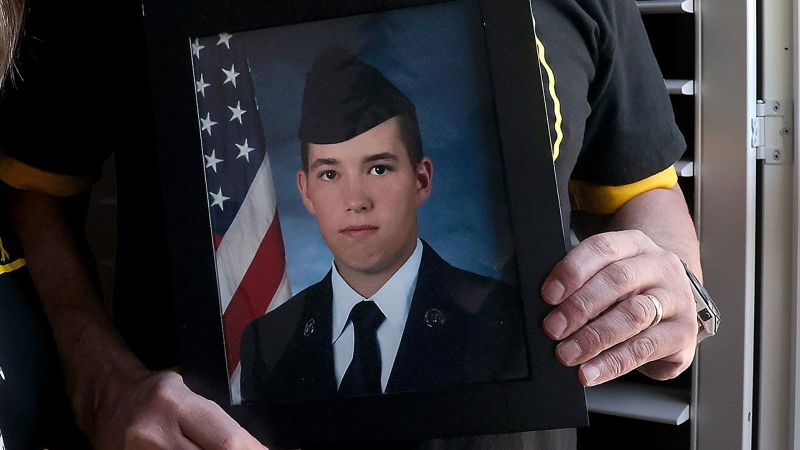On a significant note for American diplomacy, an Air Force veteran, Joseph St. Clair, has been released from imprisonment in Venezuela, as confirmed by a U.S. official and the veteran’s family. This announcement was made public on a Tuesday, and it has been received as a ray of hope amid tumultuous relations between the United States and Venezuela. The ordeal surrounding St. Clair comes in the context of a broader struggle involving several Americans who have been wrongfully detained in the South American nation.
St. Clair, who had been held captive since November of the previous year, was one of nine Americans labeled as wrongful detainees, a designation that often brings into question the legality and motives behind their arrests. His release was facilitated by U.S. special envoy Richard Grenell, highlighting the crucial role that diplomatic efforts play in gaining the freedom of American citizens abroad. The family’s joyous statement marked a pivotal moment in their ongoing struggle, with Scott and Patti St. Clair expressing their overwhelming relief and gratitude. They said, “This news came suddenly, and we are still processing it—but we are overwhelmed with joy and gratitude.”
While the circumstances surrounding Joseph St. Clair’s release are still not fully clear, it symbolizes the complicated dynamics involved in international custodial cases. The families of several Americans wrongfully detained in Venezuela convened virtually earlier in the month with Seb Gorka, a senior national security official. This meeting reflects ongoing efforts by the U.S. government to address the plight of its citizens trapped in foreign political turmoil.
Patti St. Clair, Joseph’s mother, had previously articulated her concerns regarding her son’s mental well-being during his detention. St. Clair suffers from severe Post-Traumatic Stress Disorder (PTSD), which she worried would be exacerbated given the isolating and frightening conditions of a foreign prison. At a “Bring Our Families Home” event held in Washington, D.C., she expressed profound concerns, stating, “Can you imagine his fear? Can you imagine the isolation that he must be feeling battling his unseen scars in a foreign prison, unsure if help is even coming?” Her poignant remarks illustrate the often-overlooked emotional toll that wrongful detention has not only on the victim but on their families as well.
Moreover, in her urgent plea for support, Patti St. Clair had called upon President Donald Trump and Congress to take immediate action to secure her son’s release and those of other American captives. Her public appeal underscores the desperate hope families cling to while navigating the complex intersections of international relations, legal systems, and human rights advocacy.
The situation surrounding Joseph St. Clair is a vivid reminder of the human cost associated with diplomatic failures and geopolitical tensions. It emphasizes the need for continued vigilance and advocacy to protect American citizens abroad. The delicate negotiations involved in securing the release of wrongfully detained individuals such as St. Clair can often take time, and they require sustained commitment from both government officials and concerned citizens.
As we celebrate the release of Joseph St. Clair, there remains a pressing need to support and raise awareness of the plight of others still in captivity. Advocacy efforts focusing on these individuals must persist, as they continue to face harrowing challenges far removed from the comforts of home. The hope that Americans wrongfully detained will return safely fuels ongoing calls for action from both families and advocacy groups, underscoring the importance of holding governments accountable for protecting their citizens overseas. In a world increasingly defined by complex international relations, the standards of diplomacy must adapt to prioritize human rights and individual liberties, guiding efforts towards ensuring the safe return of those unjustly held.



